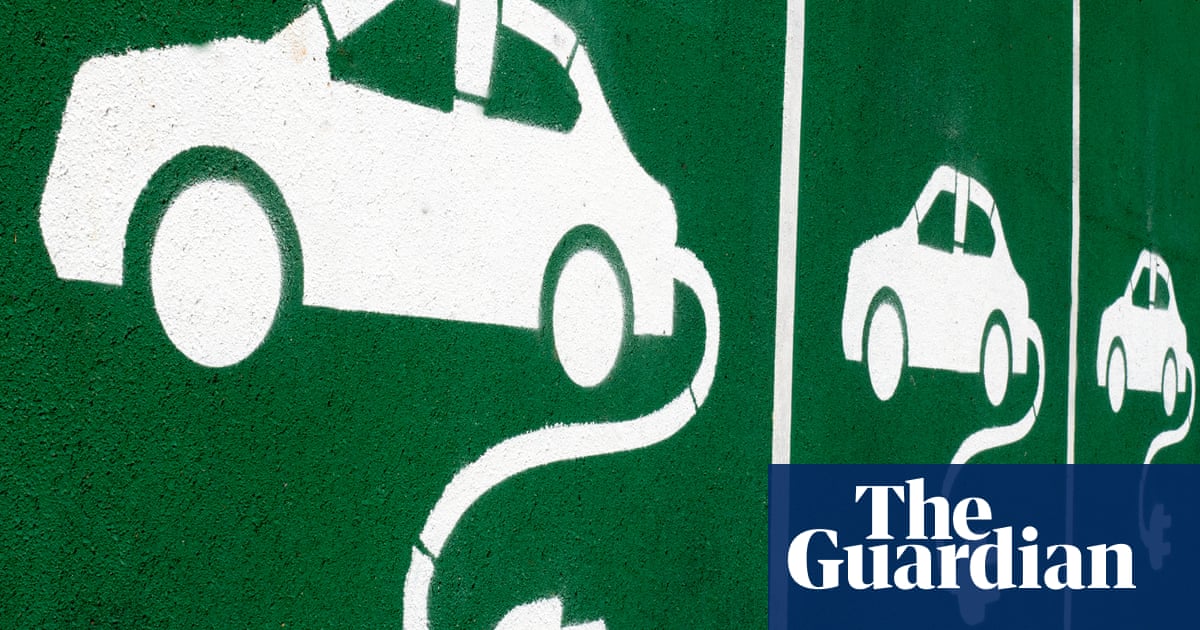More than a third of Australians believe misinformation aboutelectric vehicles, while almost half accept the myth that battery-powered cars are more likely to catch fire, a study shows.
Interventions using fact sheets and artificial intelligence chatbots may help lower false beliefs, researchers say, but those with a strong “conspiracy mentality” are harder to convince.
Researchers from the University of Queensland and three German institutions released the findings late on Monday, after surveys of more than 6,300 people in Australia, the US, Germany and Austria.
Their results mirrored concerns in a NRMA study that found misinformation about battery safety was preventing motorists from investing in low-emission cars.
Sign up for Guardian Australia’s breaking news email
The UQ peer-reviewed research,published in the Springer Nature Energy journal, included the results of four surveys, the first of which asked non-electric vehicle drivers for their opinions about false information about the cars.
Despite the untruthful claims, more than one in three Australians on average went along with the assertions (35%) – slightly lower than the average across all four nations (36%).
Incorrect statements that EVs were more likely to catch fire than petrol or diesel cars gained the highest acceptance from Australians surveyed (47%), while 44% also believed EV batteries were deliberately non-upgradeable.
Other claims about manufacturing outweighing the lower emissions of electric cars (35%) and EV accidents being under-reported (26%) were also concerning, the University of Queensland environmental psychologist and co-author Dr Chris Bretter said.
“The misinformation statements we tested included that EVs are more likely to catch fire than petrol cars, do not produce emission savings and emit electromagnetic fields that damage health – all claims which are demonstrably false,” Bretter said.
“We know this sort of false information is out there and circulating but the scale of acceptance is concerning and poses a significant challenge to the global transition to more sustainable transport.”
Acceptance of EV misinformation was highest among people with a “conspiracy mentality”, the study found, although rates of belief were also higher among those with weaker environmental views, women and older participants.
Participants also had their perceptions tested after a three-round conversation about electric vehicles with OpenAI’s ChatGPT and after reading a US Department of Energy fact sheet debunking claims.
Sign up toBreaking News Australia
Get the most important news as it breaks
after newsletter promotion
Both interventions delivered “modest increases in pro-EV sentiment”, the study found.
Bretter said this represented an avenue for future research.
“Given the global need to transition toward more sustainable transport options, it is crucial we address the prevalence of misinformation about energy efficient technologies like EVs,” he said.
The findings come days after NRMA released a report, prepared by Ipsos, that found two in three Australians remained concerned about electric vehicle battery fires and safety despite low incident reports.
Eight electric vehicle fires have been reported in Australia to November 2024, according to EV Firesafe, including one with an unknown cause.
